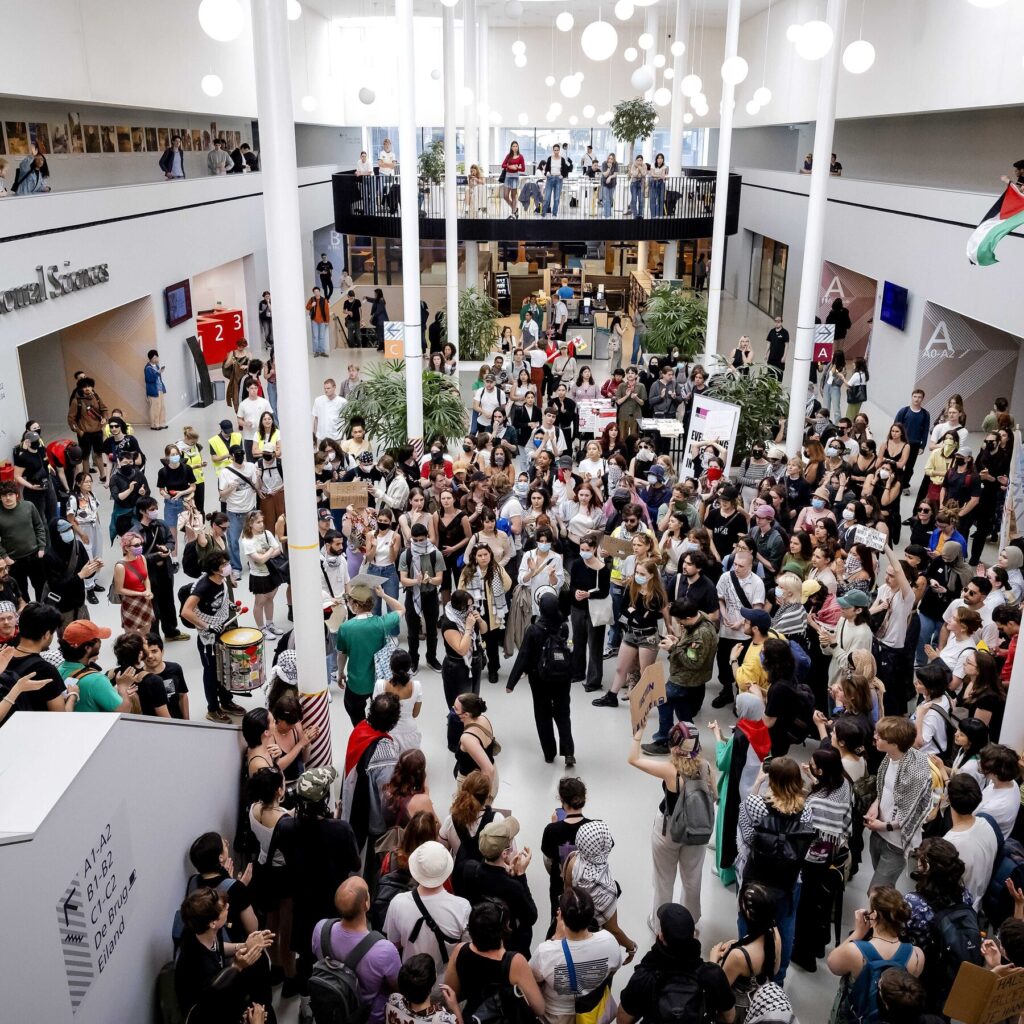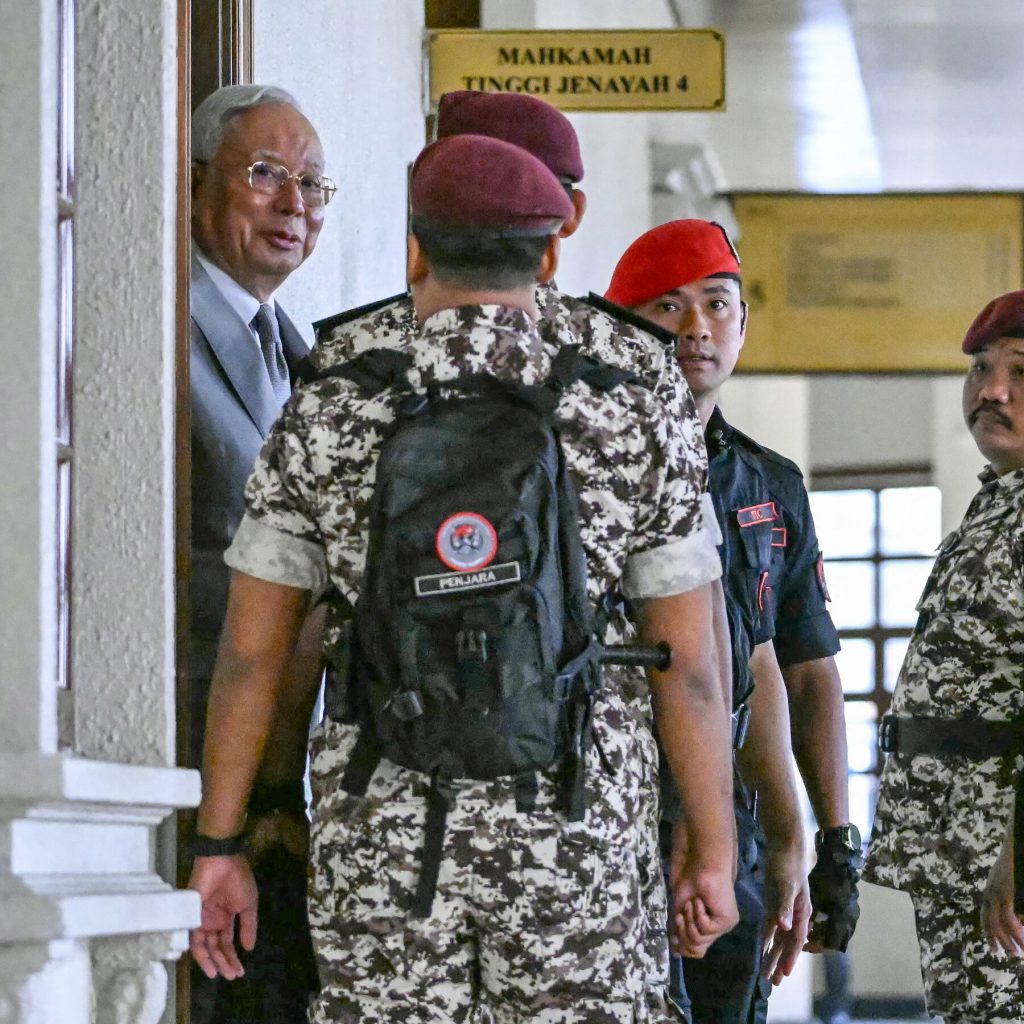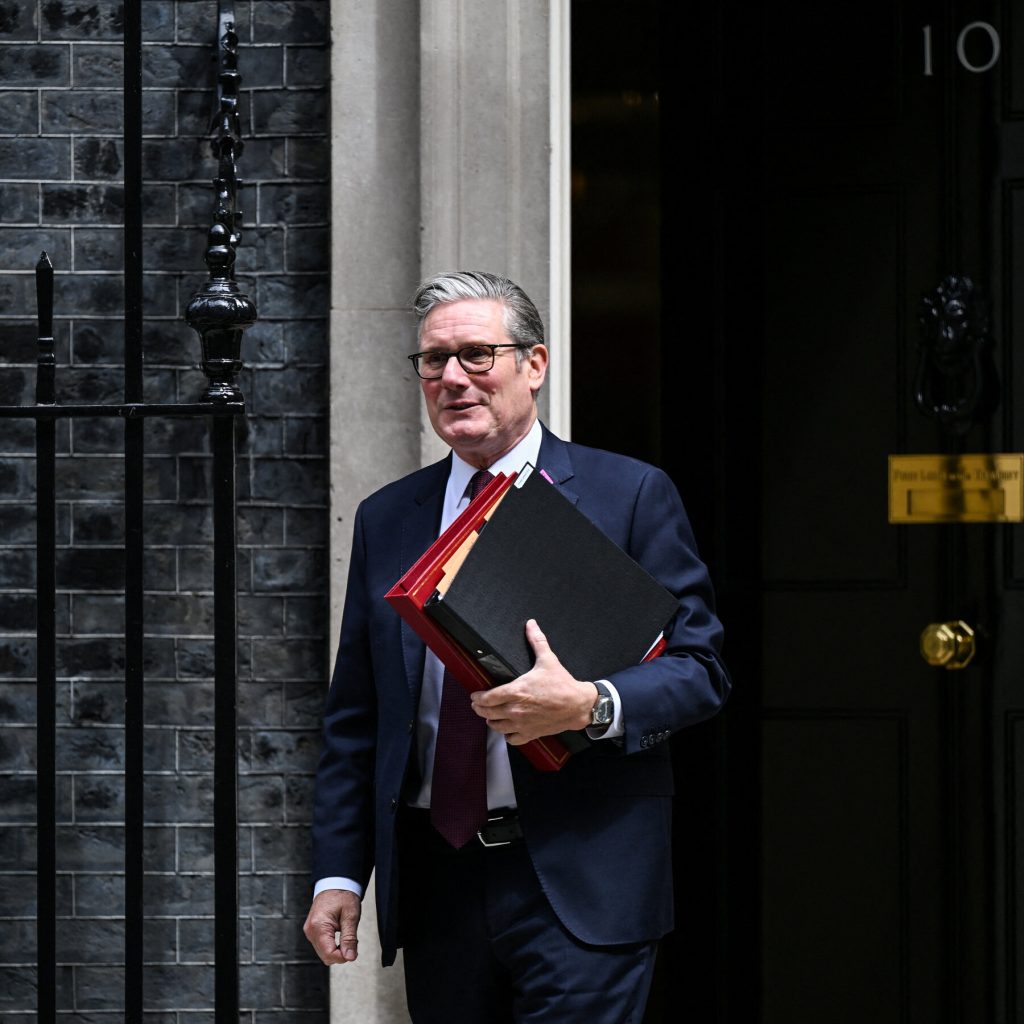Israeli Scholars Feel the Pinch of Growing Academic Boycotts Even After Gaza Cease‑Fire

In the months following the outbreak of hostilities in Gaza, a wave of academic boycotts targeting Israeli universities has surged across Europe, leaving many Israeli researchers and professors increasingly isolated from their international peers. While a fragile cease‑fire now holds on the ground, the diplomatic and cultural ramifications of the conflict continue to echo through university corridors, conference halls, and collaborative research projects.
Since the war’s onset, a coalition of European university unions, student bodies, and human‑rights groups has called for a comprehensive boycott of Israeli higher‑education institutions. The measures range from refusing joint research grants and canceling conference invitations to suspending exchange programmes and denying publication opportunities in certain academic journals. According to a recent survey compiled by the European Association of Universities, more than 40 % of participating institutions have enacted at least one form of restriction against Israeli partners.
For many Israeli academics, the boycott feels like a collective punishment that disregards the individual’s stance on the conflict. Dr. Yael Cohen, a physicist at the Technion – Israel Institute of Technology, explained, “I’m a scientist whose work has no political agenda. Yet I’m being cut off from collaborators in Germany and France simply because of my nationality.” Similar sentiments have been echoed by scholars in the humanities, social sciences, and medical fields, all of whom report cancelled joint projects, lost funding, and dwindling opportunities to present their findings abroad.
The timing of the boycott’s intensification is notable. While a cease‑fire brokered by Egypt and Qatar has reduced the immediate violence in Gaza, it has not eased the pressure from the academic community abroad. Pro‑boycott activists argue that the cease‑fire is only a temporary pause and that sustained pressure is needed to compel Israel to address alleged war crimes and the humanitarian crisis in Gaza. “A cease‑fire does not erase the underlying grievances,” said Leila Ahmed, a spokesperson for the European Student Solidarity Network. “We must keep the spotlight on accountability until a just and lasting solution is achieved.”
Critics of the boycott, including several European university rectors and prominent scholars, warn that the policy may undermine the very principles of open inquiry and international cooperation that academia cherishes. In a joint statement released last week, the University of Oxford, the University of Paris‑Sorbonne, and the Humboldt University of Berlin called the blanket bans “counterproductive” and urged a case‑by‑case assessment instead of sweeping sanctions. “Academic freedom thrives on dialogue, not exclusion,” the statement read.
Israeli officials have responded by defending the right of their scholars to engage globally and by highlighting the contributions of Israeli research to fields such as renewable energy, medical technology, and cybersecurity. The Ministry of Education announced a new outreach program aimed at strengthening ties with institutions in countries that have not joined the boycott, offering scholarships and joint‑venture grants to foster collaboration.
Meanwhile, the impact on students is palpable. Israeli graduate students who had secured placements at European labs now face delayed or canceled admissions, jeopardizing years of study and career prospects. Conversely, European students seeking to study in Israel encounter visa hurdles and limited institutional support, further widening the academic divide.
The debate over academic boycotts is unlikely to fade soon. As the cease‑fire holds and humanitarian aid reaches Gaza, the international community remains divided over the most effective means of promoting peace and justice. For Israeli scholars, the current climate underscores a stark reality: even when the guns fall silent, the battle for academic inclusion and recognition continues on a different front.




